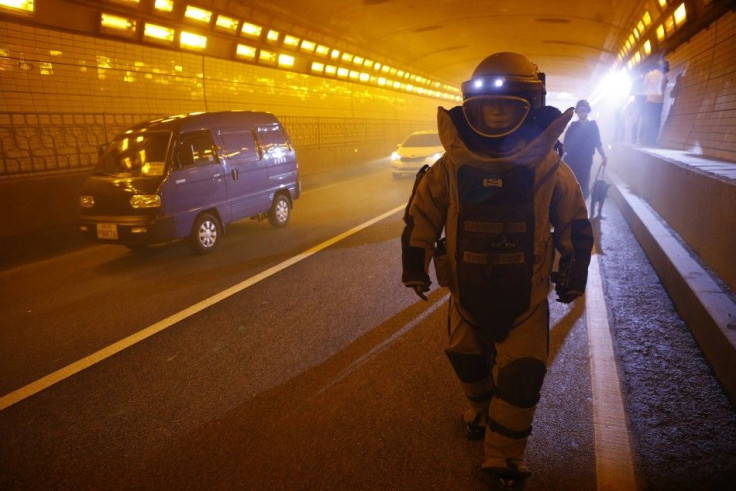Canadian Terror Suspect Set Free Due to Insufficient Evidence

A Canadian doctor who had been arrested for terror related charges was set free as the court did not find enough evidence against him.
Dr Khurram Syed Sher, a former contestant on the Canadian Idol reality show, was arrested in 2010 after he had been accused of conspiracy to facilitate terrorism. His arrest was a reason for international attention as he had already been a known personality because of his participation on the reality show. He was one of the three men arrested in an operation dubbed as "Project Samossa."
The judge found insufficient evidence against the charges Khurram was facing. He was accused of raising money, sending cash abroad, taking paramilitary training, making and using explosive and scouting targets in the country. The Ontario pathologist was set free on Tuesday, Aug 19.
The evidence produced against Khurram was the audio of a conversation he had with a couple of men. The conversation which reported took place in July 2010 was secretly recorded by RCMP. The conversation referred to "Q" and "T" that were later interpreted in court as al-Qaida and the Taliban respectively.
According to the defence lawyer, it was a "farce" to select a leader for the alleged terror group and ask him to take oath. The lawyer argued that there were snorts of laughter while the oath ceremony was taking place. Khurram, who was allegedly selected as the leader of the group pledged what the other person said. "I pledge the same," he said in the recording, "What he said."
The arguments from the defence lawyer to call it a farce was not enough to convince Judge Charles Hackland. However, there was indication that the other men did not completely believe in Khurram's commitment as the leader. He said that the co-conspirators were far from convinced about the recruitment of the accused.
According to prosecutor Jason Wakely, this is the first incident when someone, on trial under Canada's Anti-Terrorism Act, was set free. The act was introduced after the 9/11 attack in 2001. Wakely said that the verdict was disappointing. He indicated that there could be a further appeal.
Contact the writer: s.mukhopadhyay@ibtimes.com.au





















